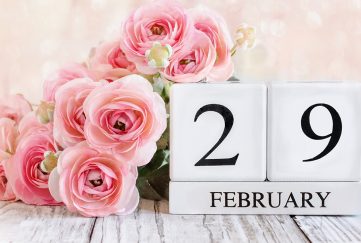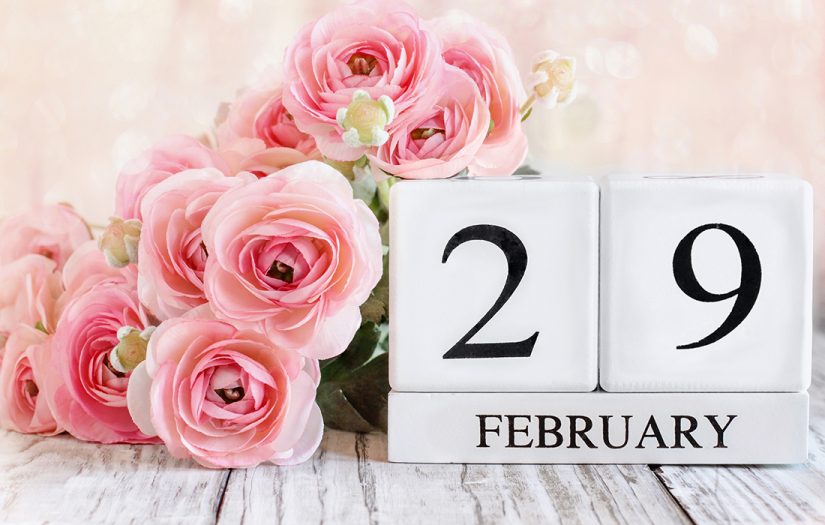Help! I Can’t Think Of A Title

You’ve written a story for the “Friend”, checked the spelling and grammar, and need just one more thing before you print it out: a title. But nothing seems to quite . . . fit. What now?
Do titles matter?
Story titles are usually the first thing we see when we receive your work. They set the tone for what’s to follow. But we guarantee to always read every story we receive; a vague or unexciting title won’t stop us reading on.
How to choose a title
If you’re stuck, try looking at the titles of well-loved books. Some tell you immediately and directly what’s going on – like “The Woman Who Went To Bed For A Year”, for example. Some relate to the area where the story takes place – “Brideshead Revisited”, “Mansfield Park”, etc.
Others will relate to the person or people the story’s about – as in “The Warden”, “Emma”, “Oliver Twist”.
Perhaps your title could refer to the theme of the story, or an event or line taken from the text?
Still unsure? Try a one, two, three or four word title. (“Middlemarch”, “Anna Karenina”, “Goodnight Mr Tom”, “To Kill A Mockingbird”).
Why might we change your story title?
We work to set story lengths here on the “Friend”, with an allocated amount of space for the text and the story illustration to fit in. If your title is too long, it may need to be cut to fit.
We may also change your title if it is similar to another included in the issue, to avoid confusing the reader.
But please remember that any editing we do isn’t meant as a criticism. Although we do reserve the right to edit poems and short stories, we only do so to help your work be as suitable for the “Friend” as possible, and to help our readers enjoy reading it. It’s all a team effort!
Pick up some more writing hints and tips here.
If you have a specific question you’d like to ask about writing for the “Friend”, feel free to email Lucy at lcrichton@dctmedia.co.uk










